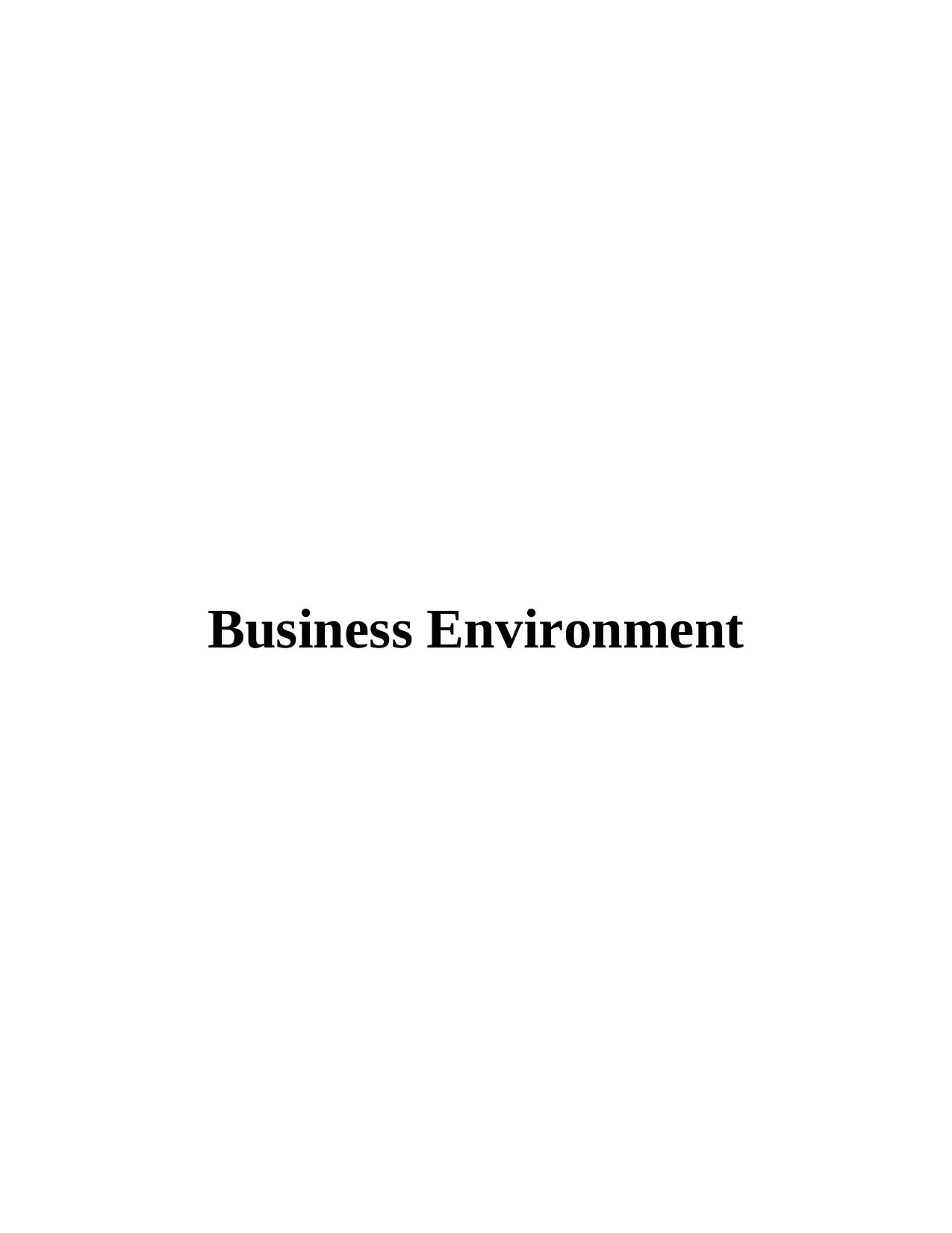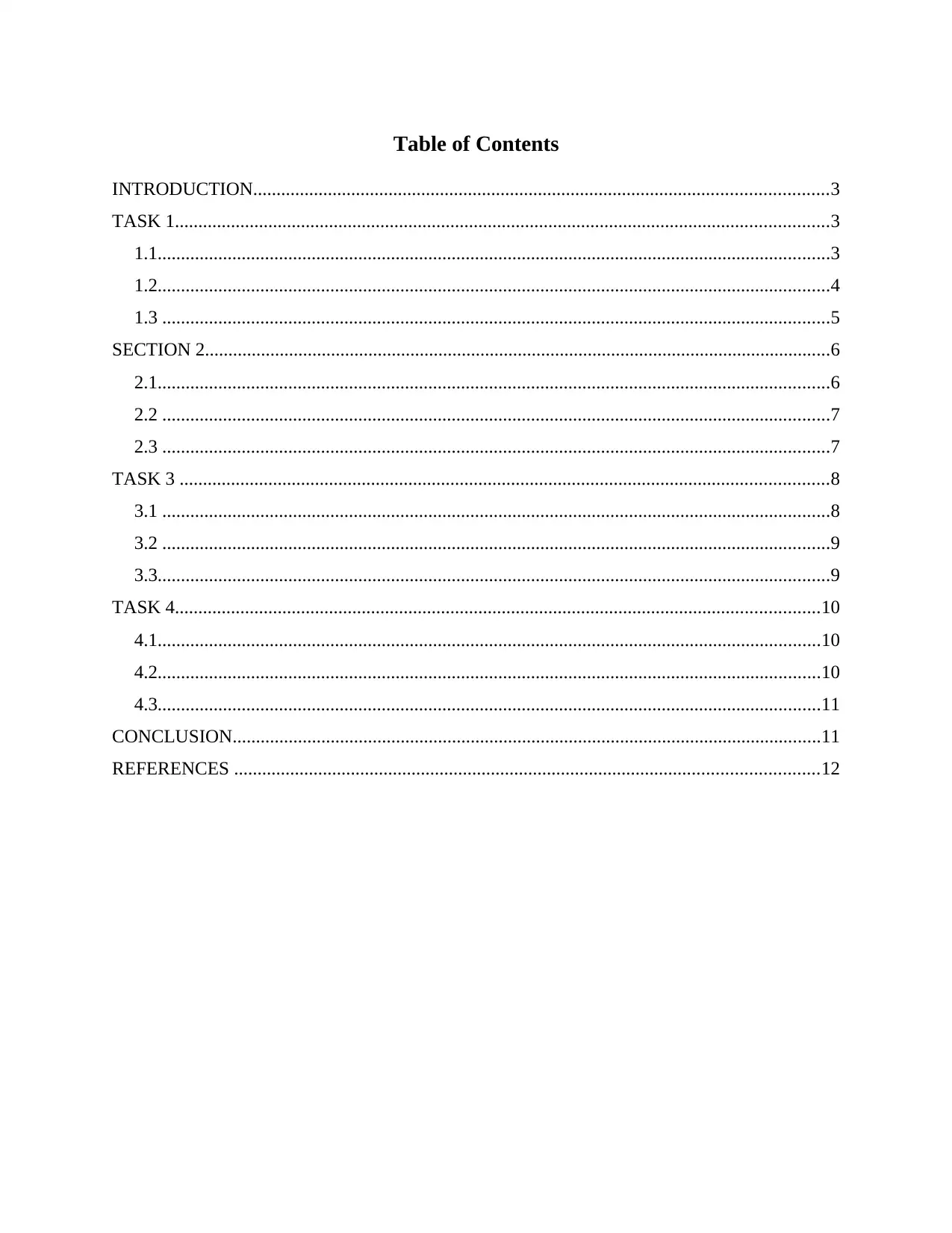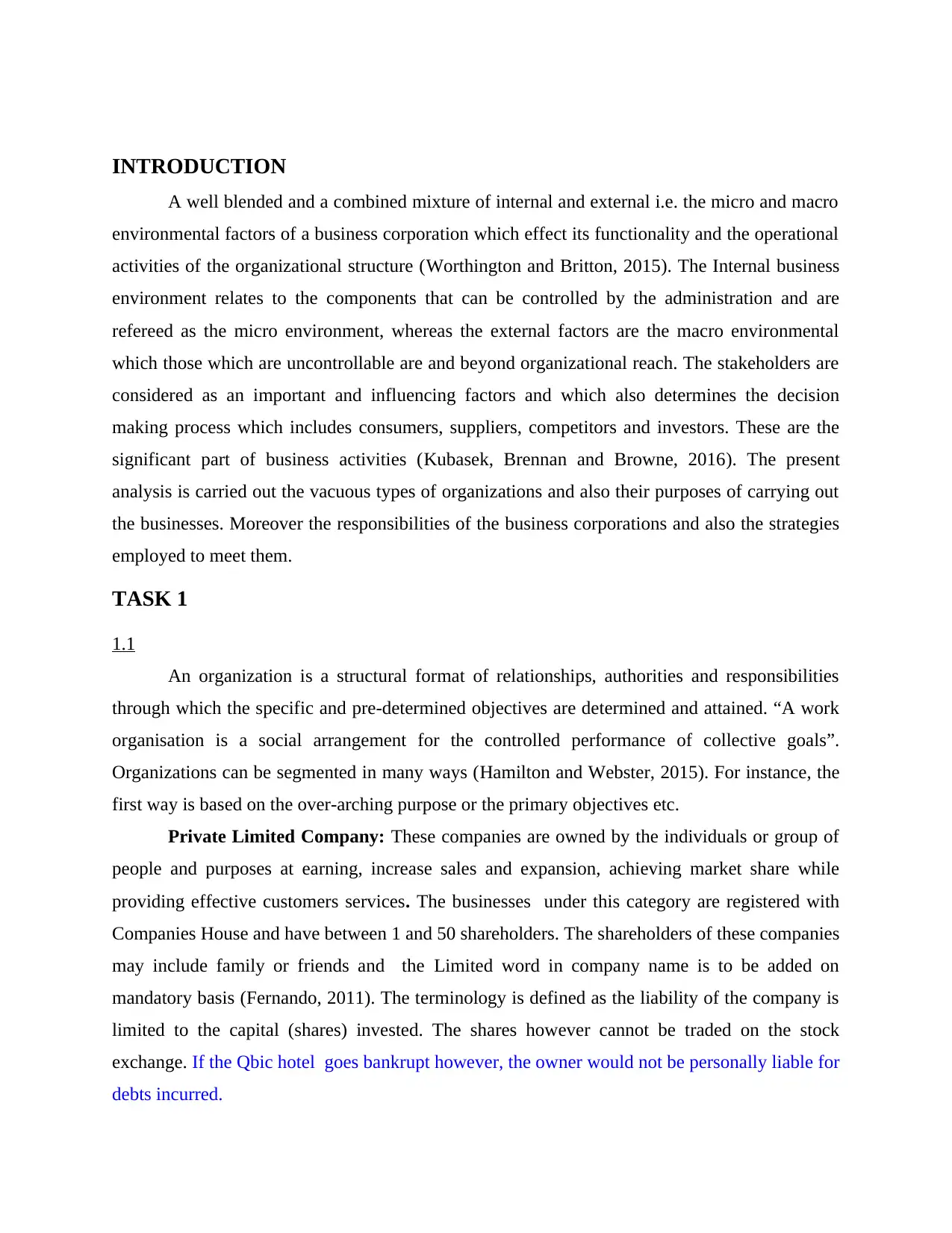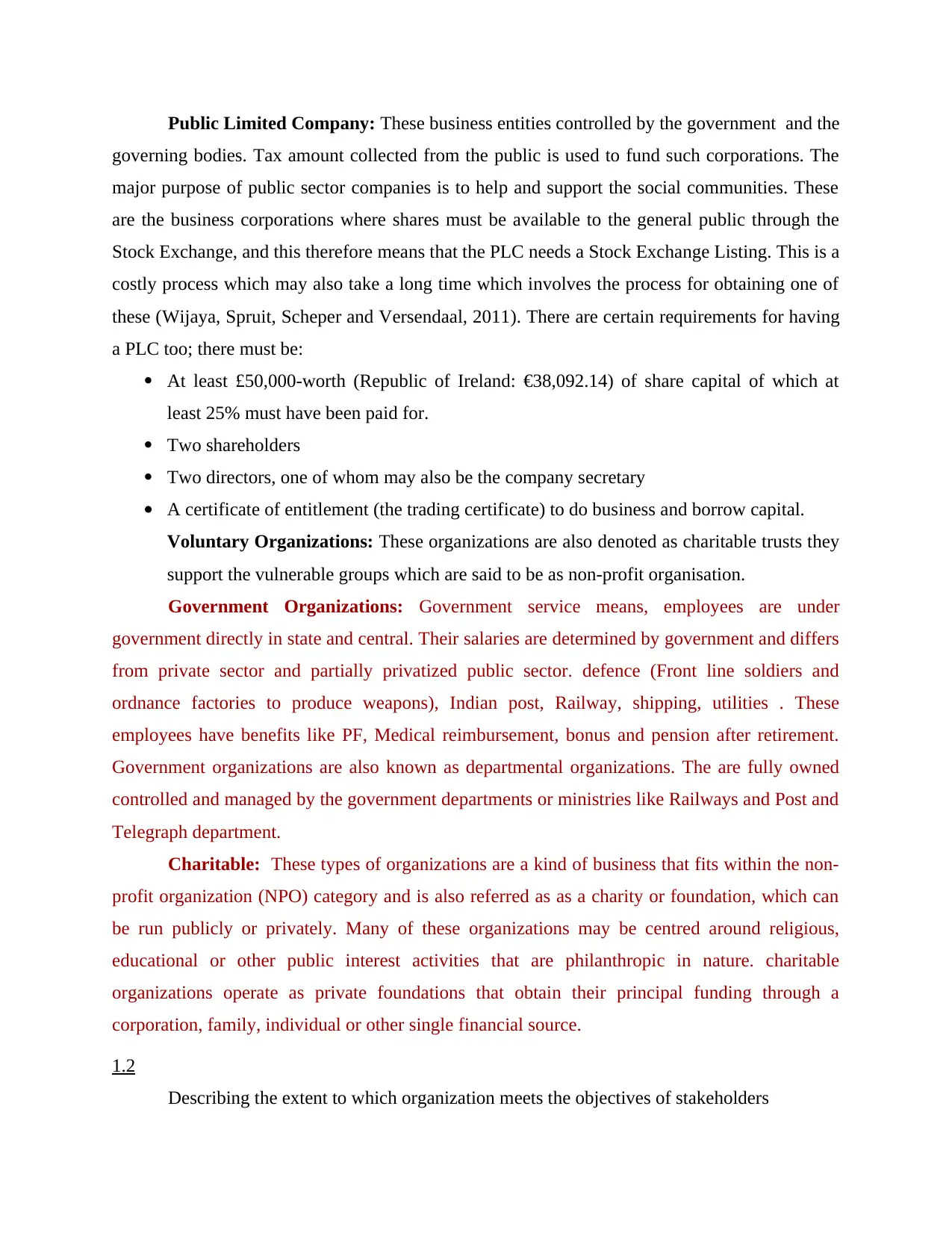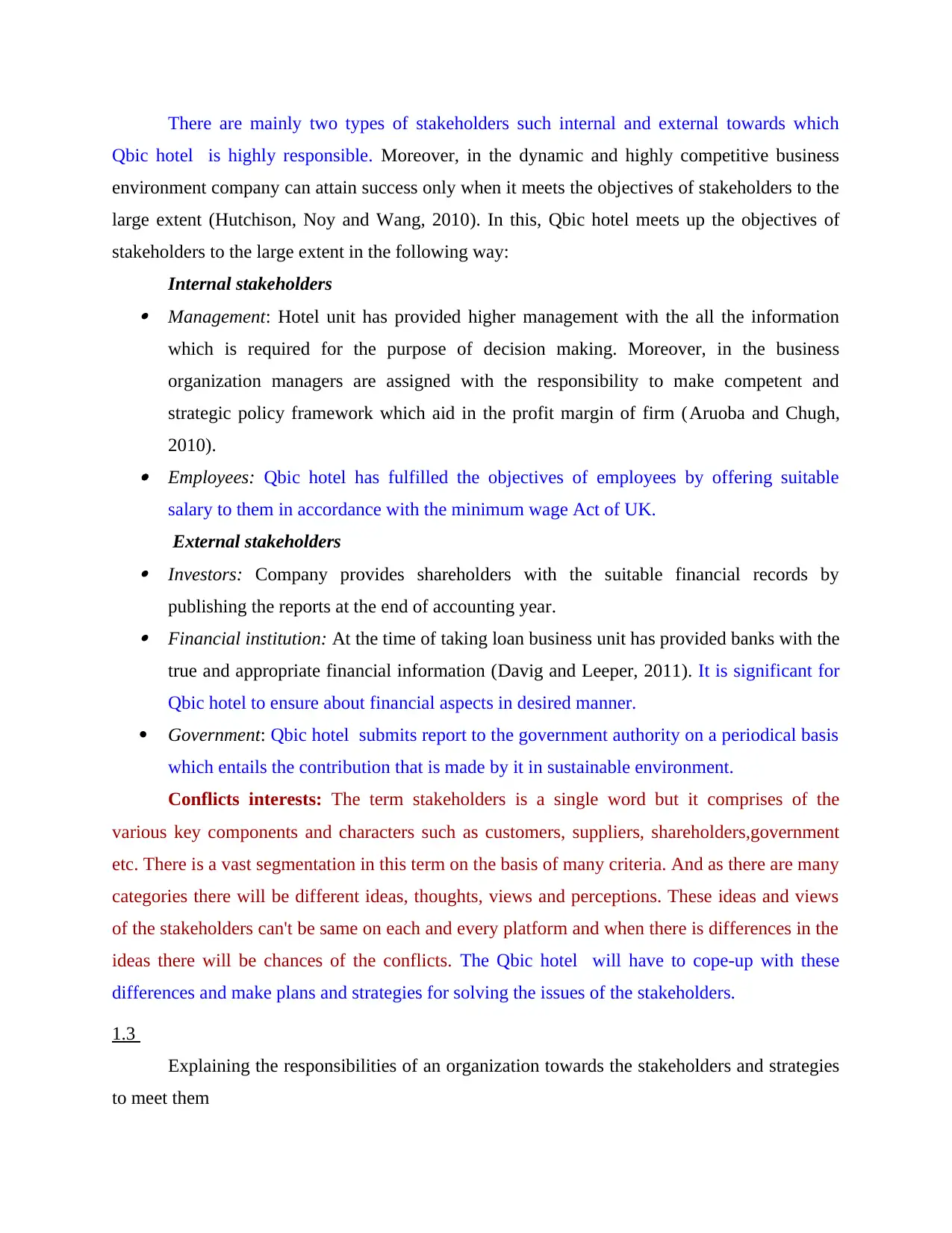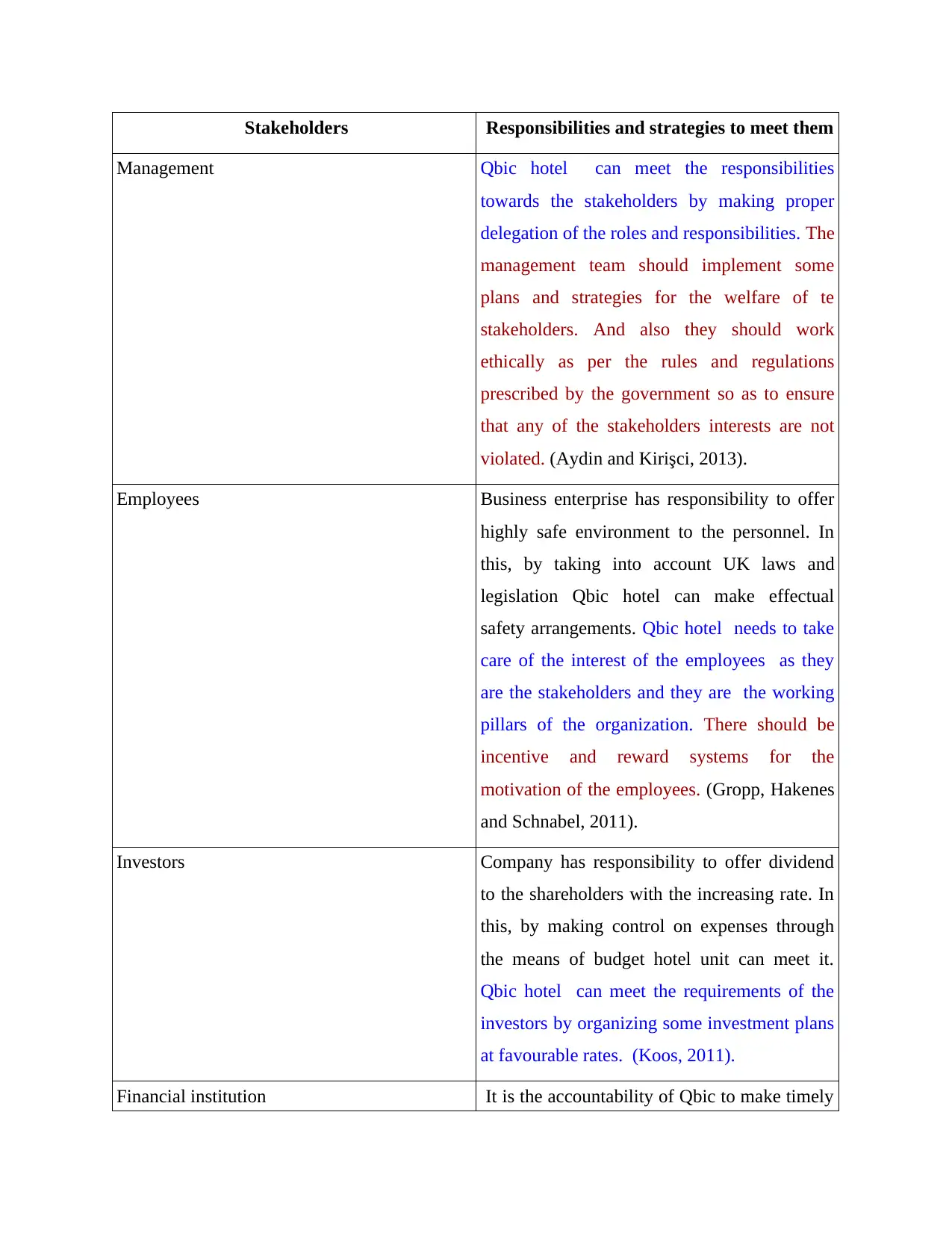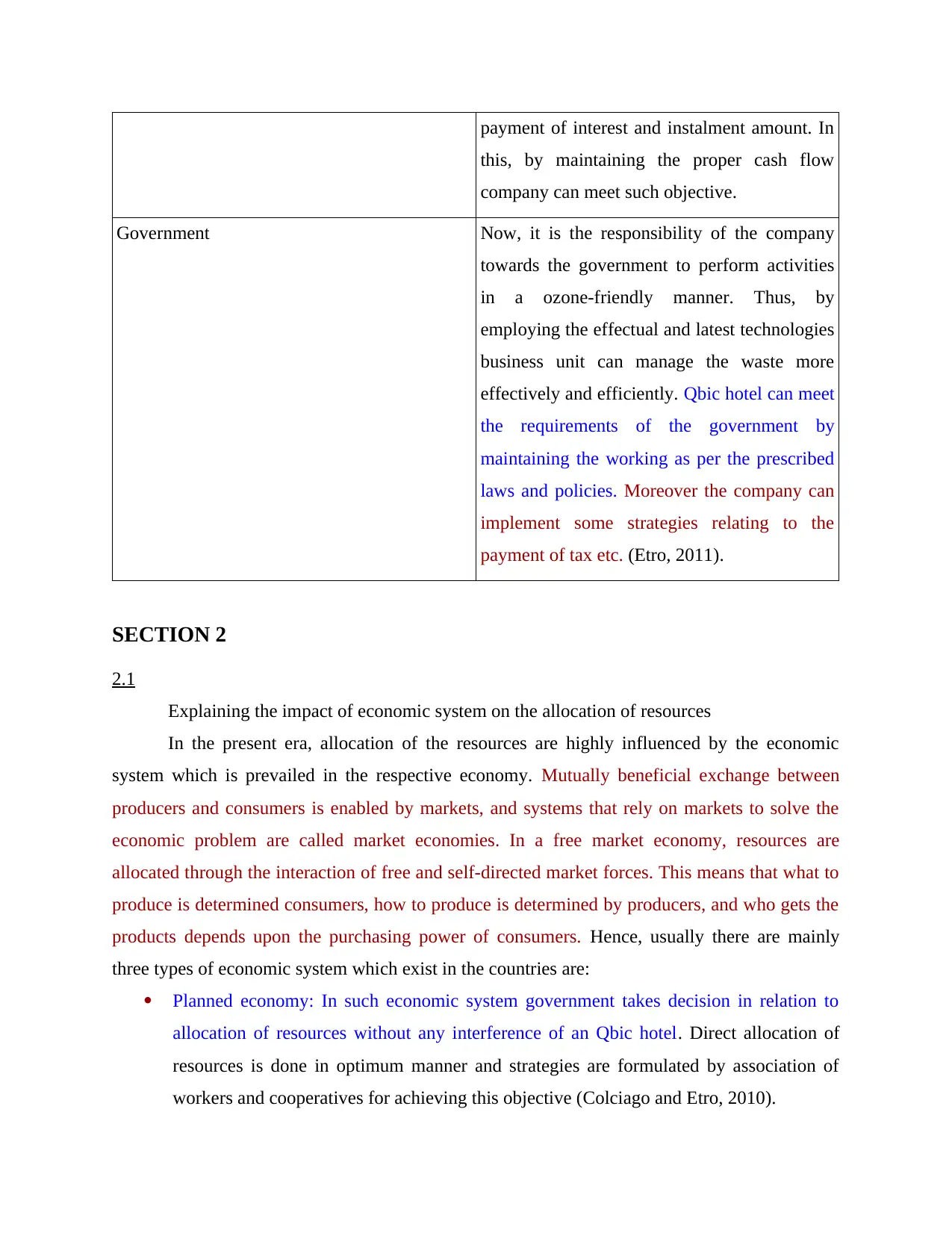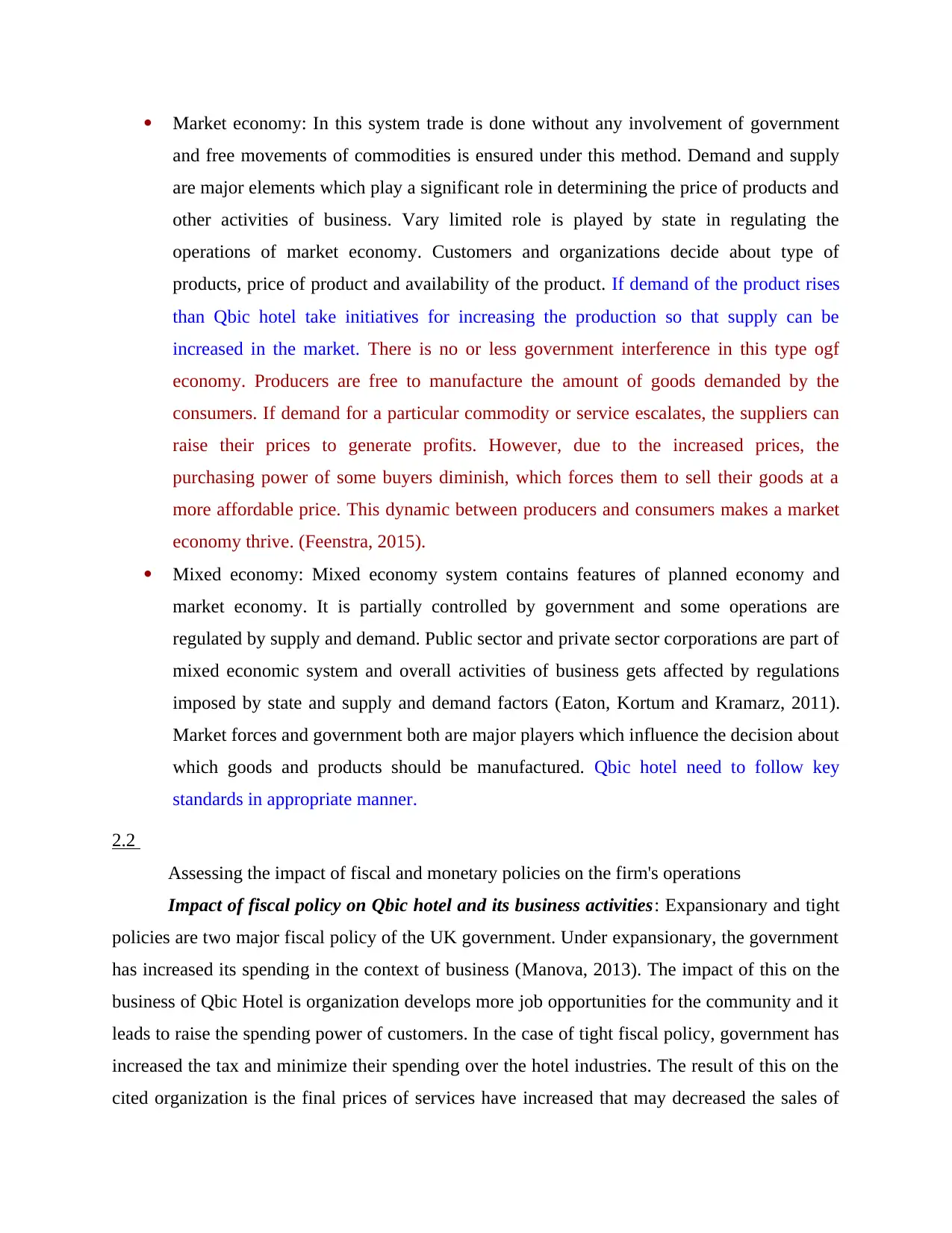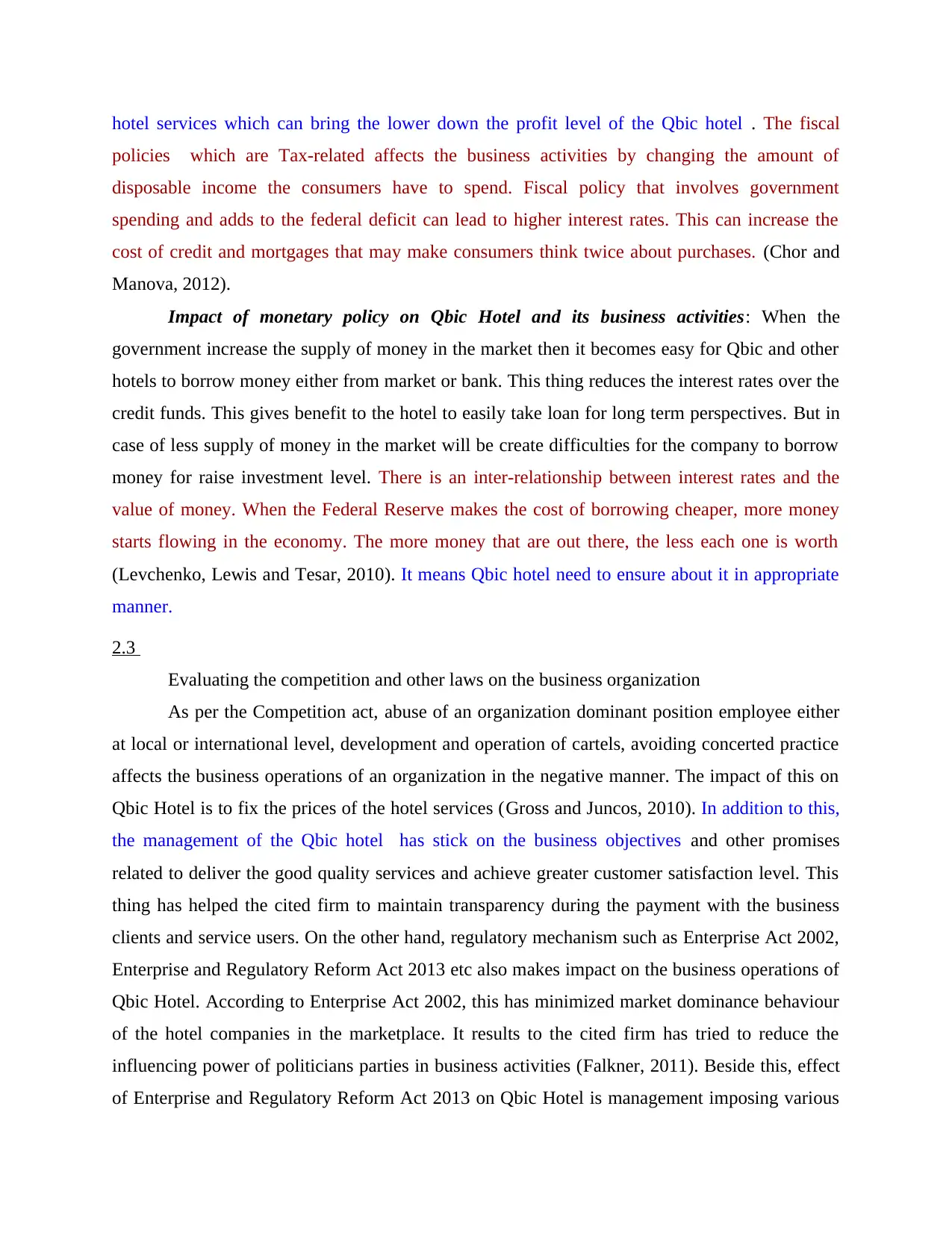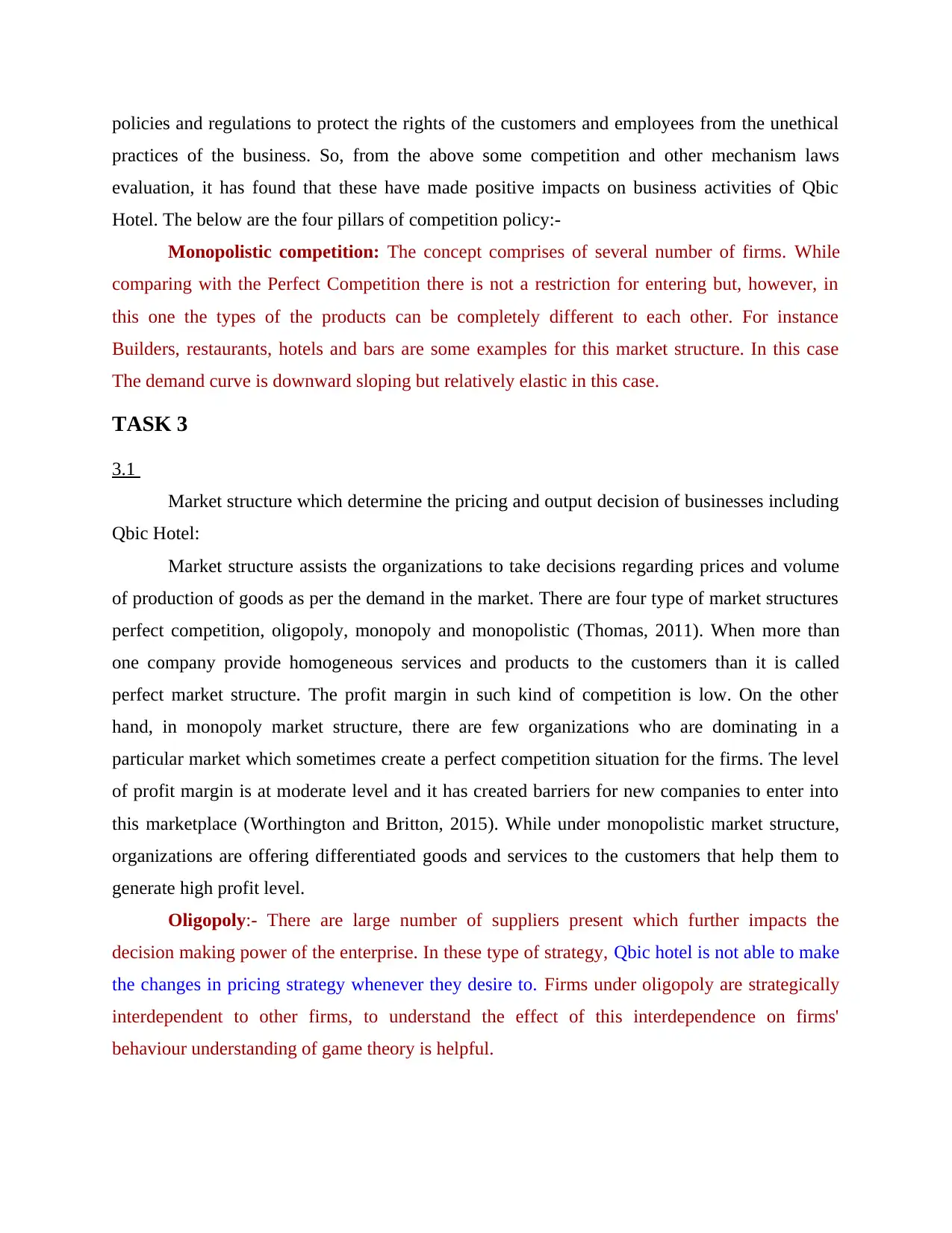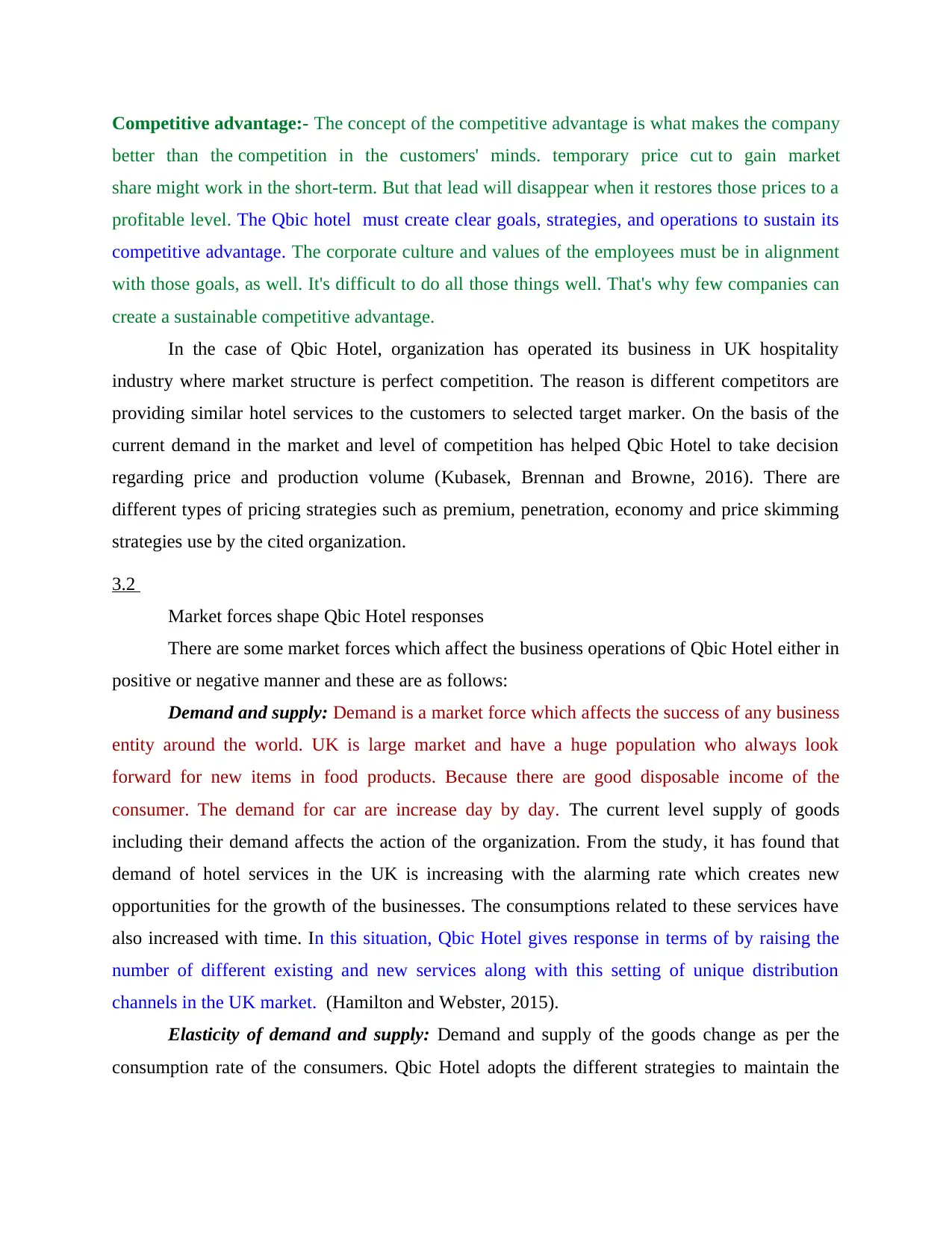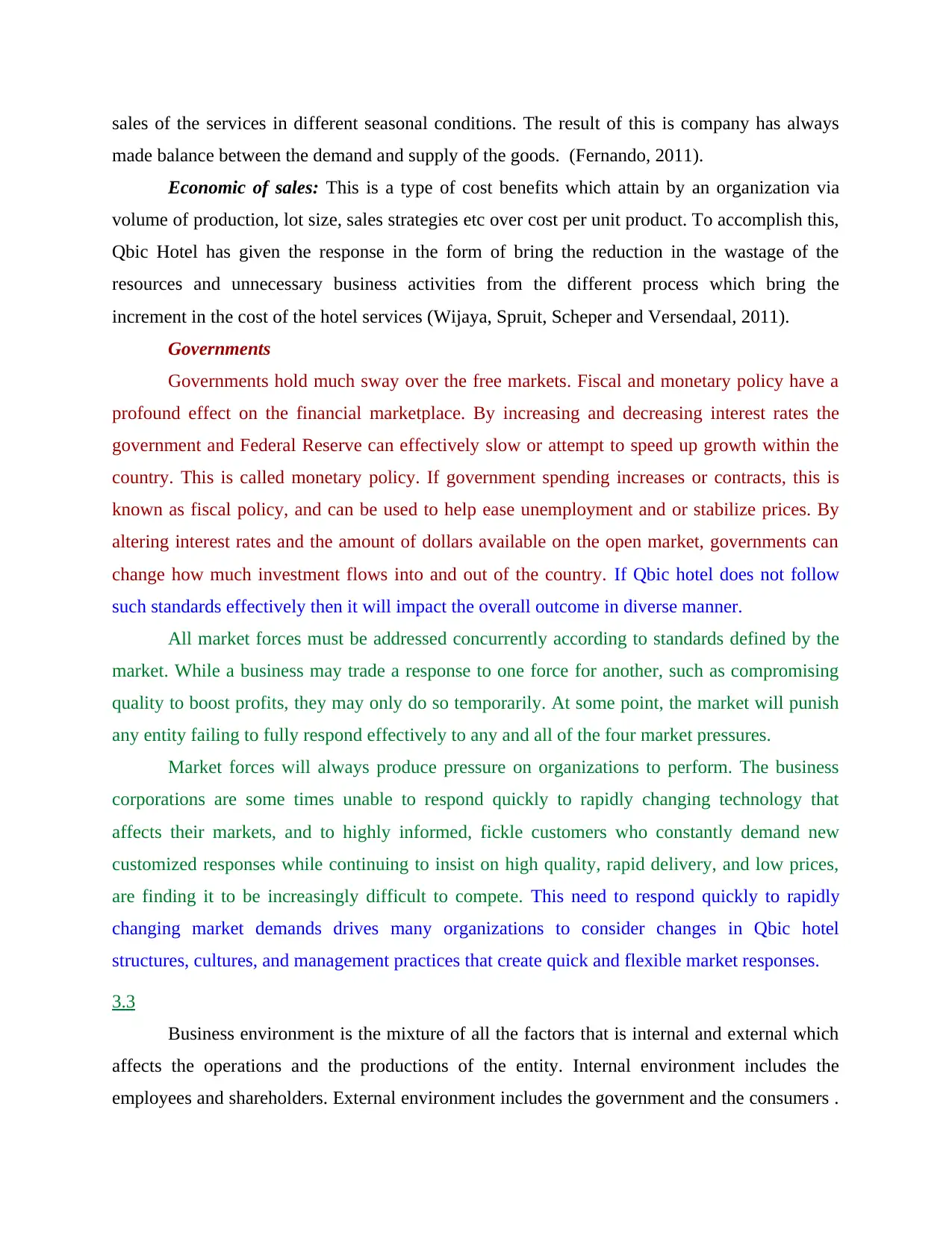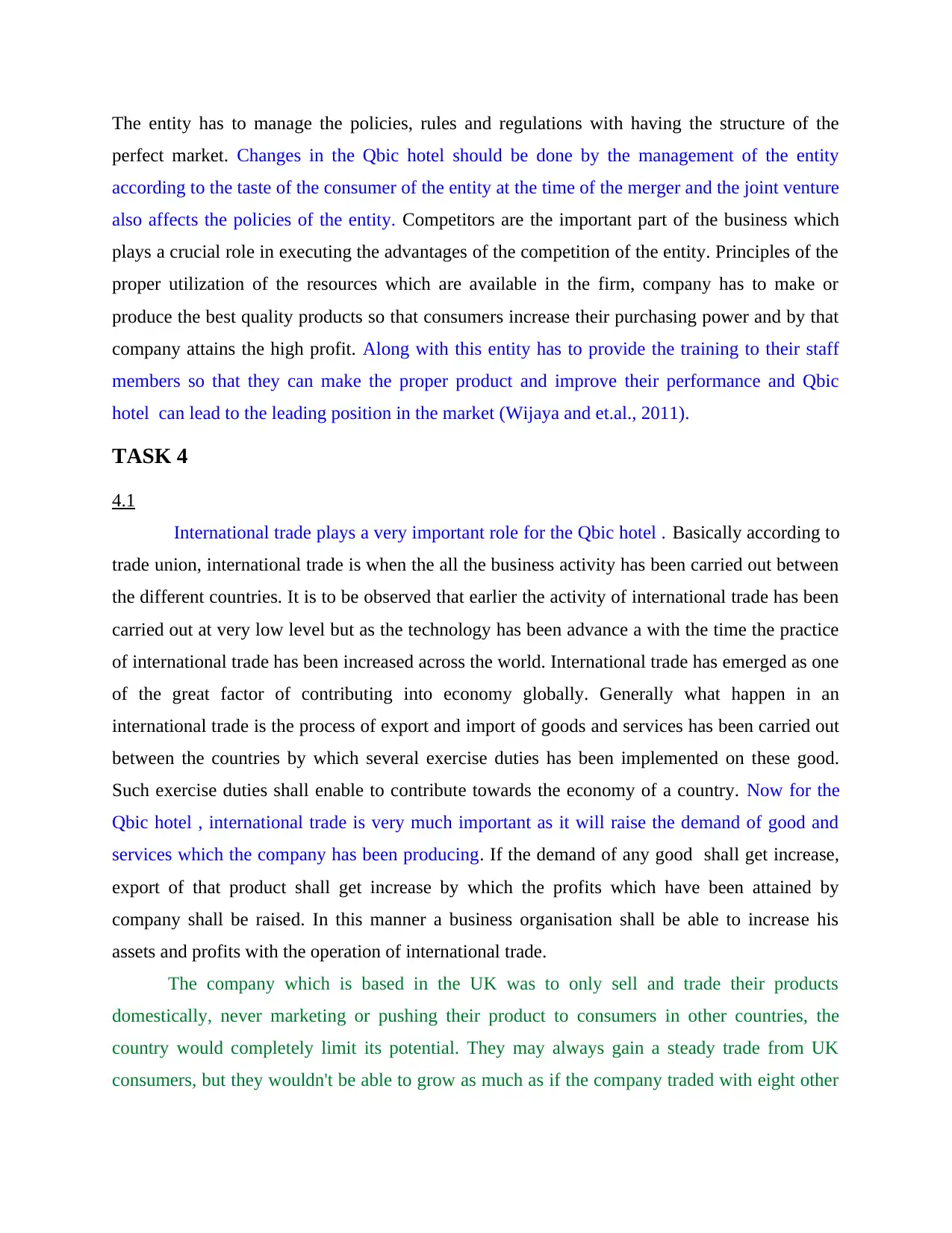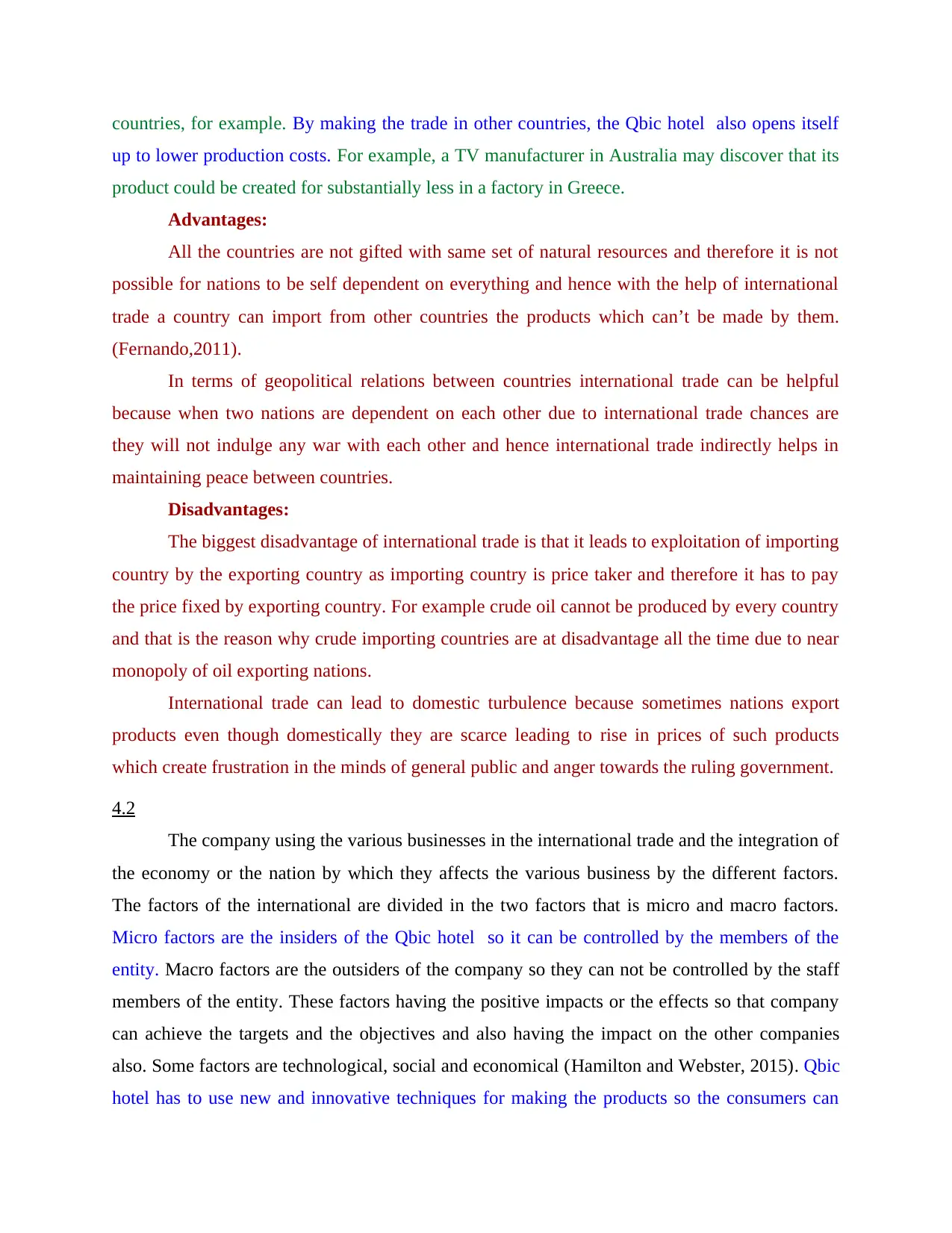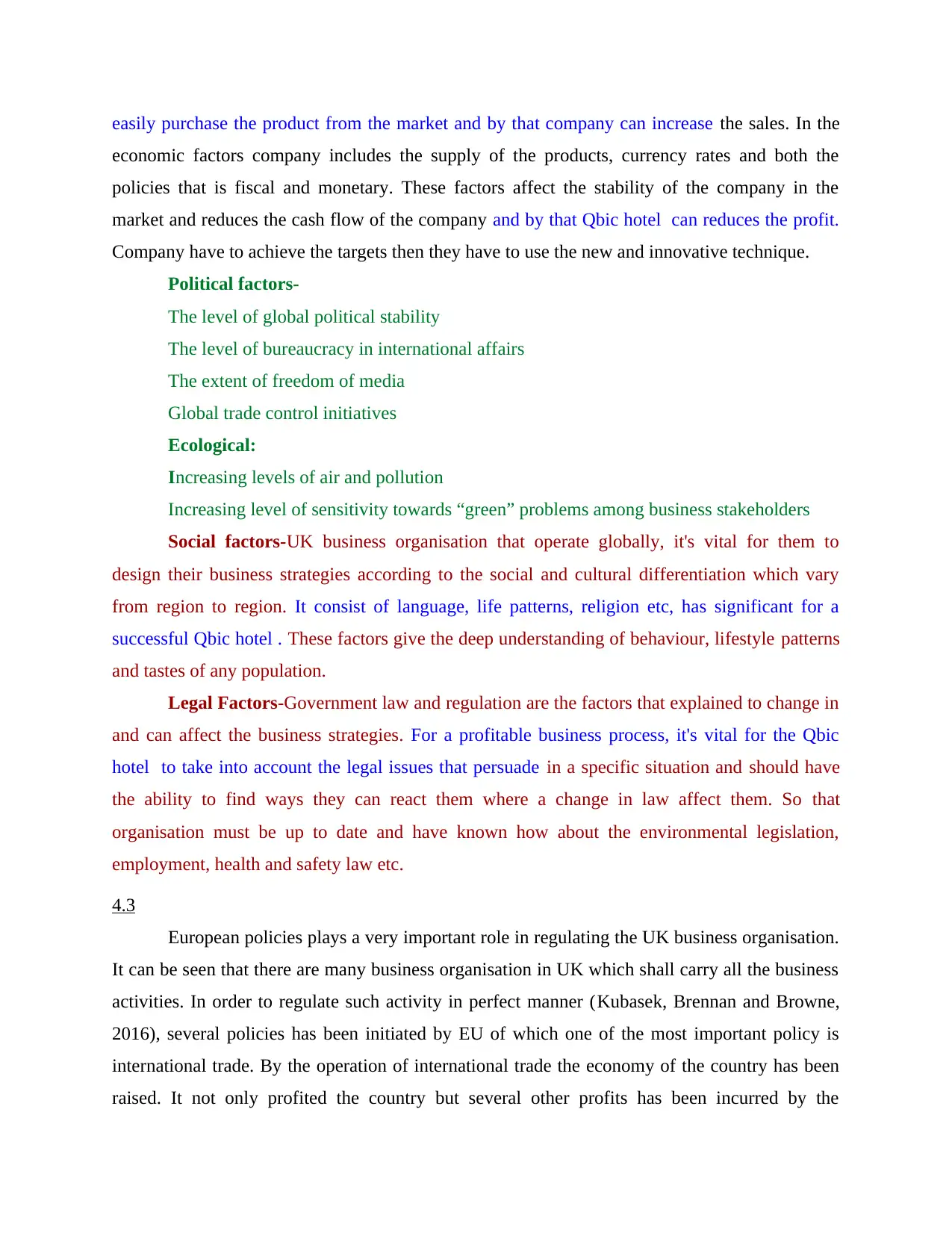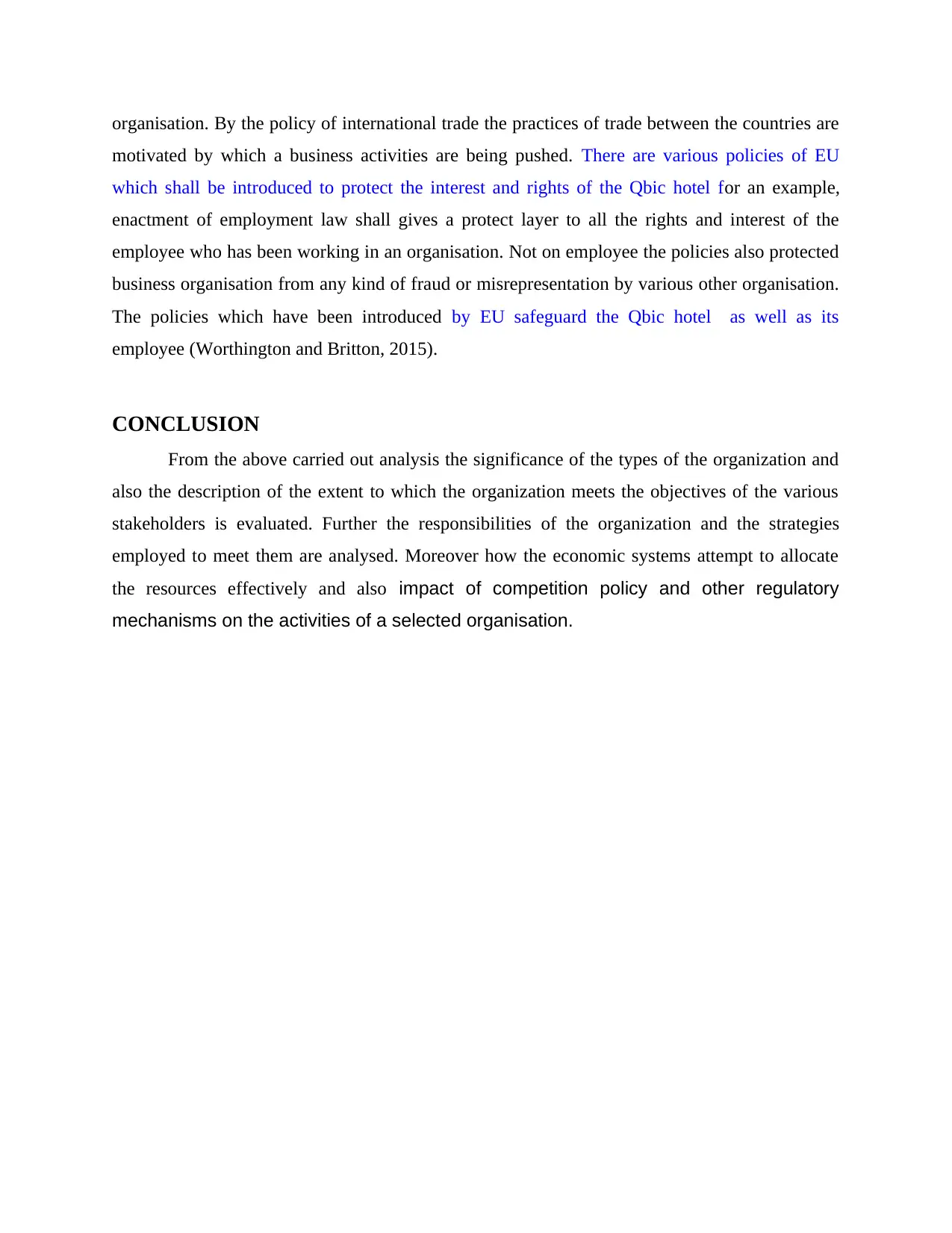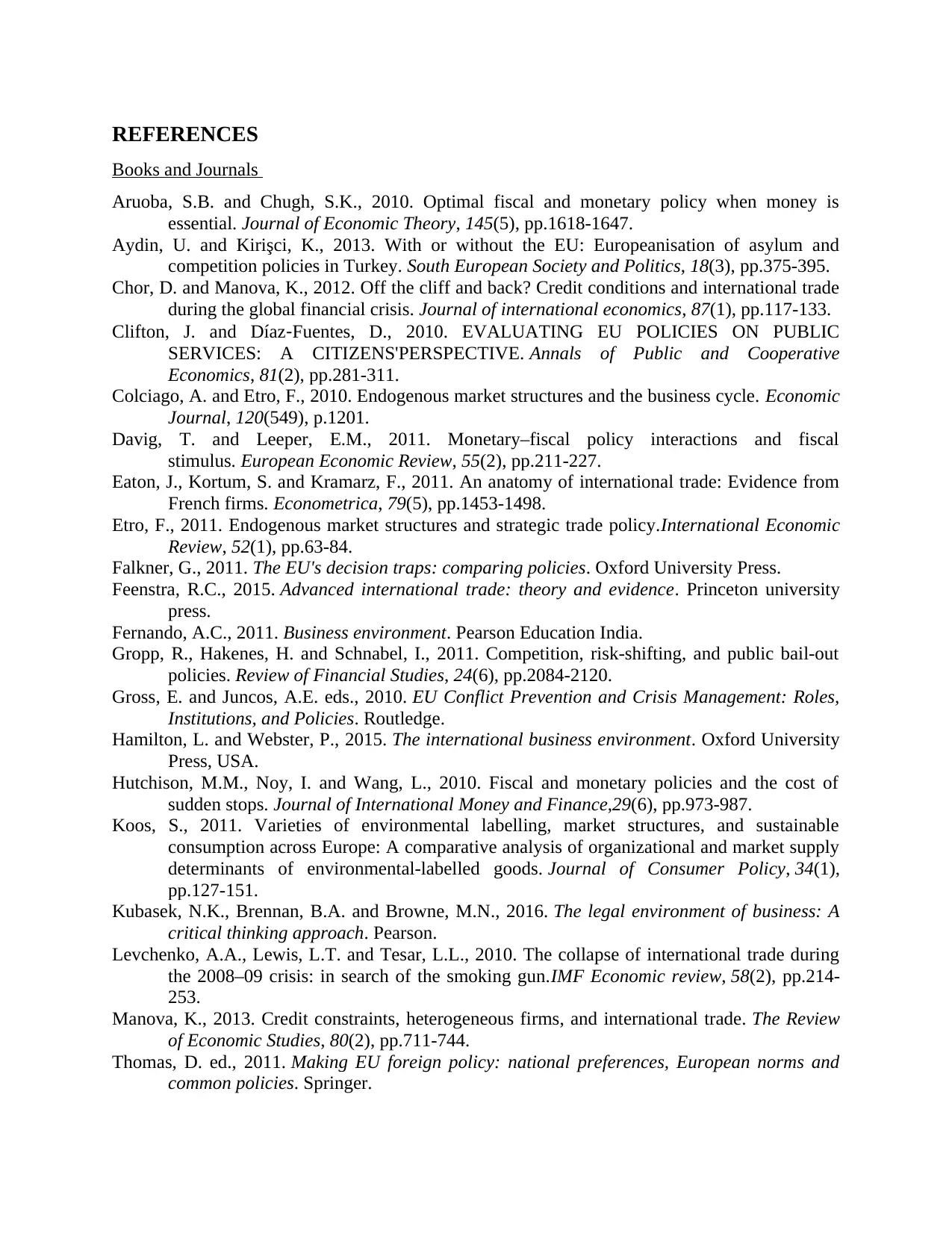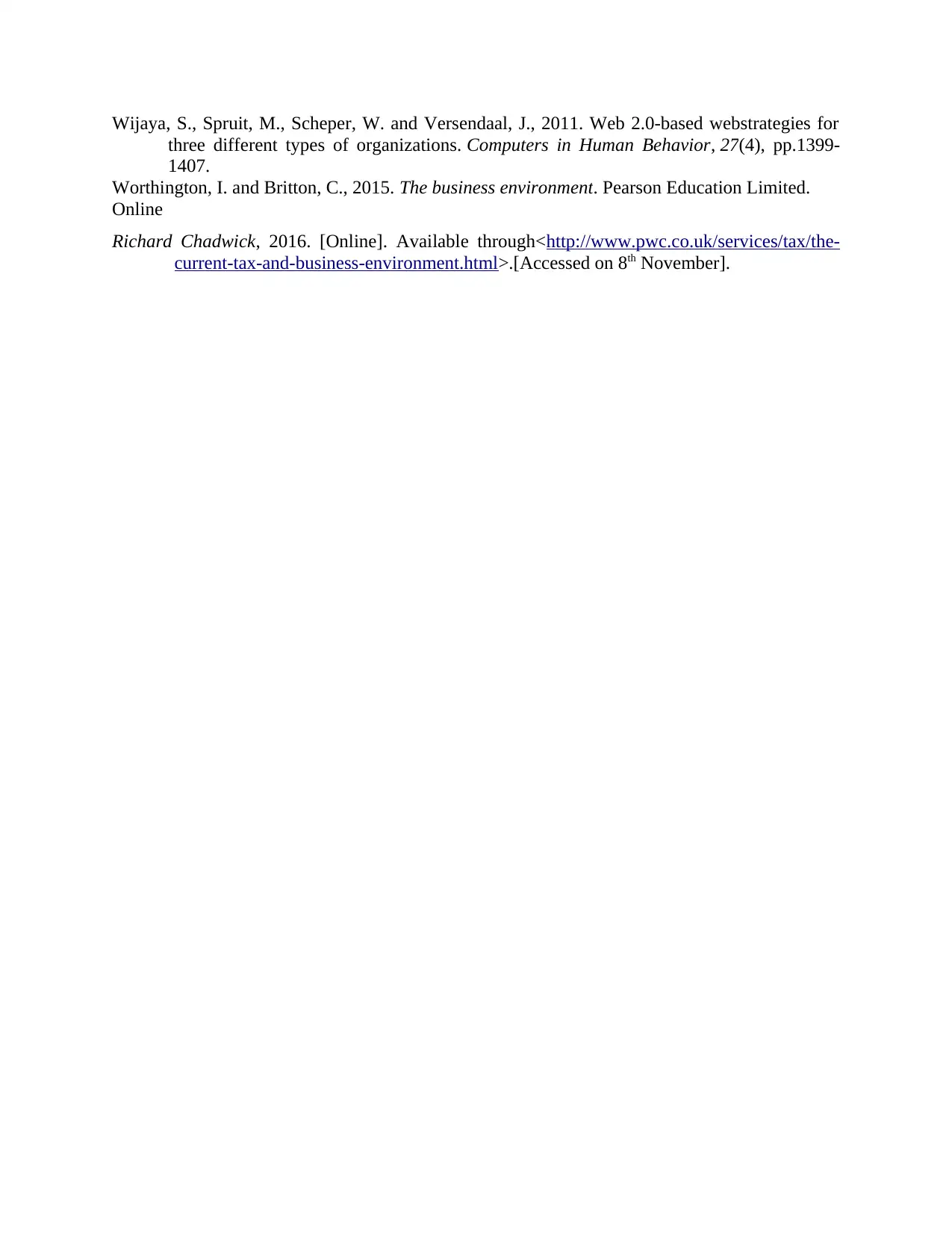The provided content consists of various academic articles and books published between 2010 and 2016, primarily focusing on economics, international trade, and business studies. The articles explore topics such as endogenous market structures and the business cycle, monetary-fiscal policy interactions, and fiscal stimulus, as well as competition risk-shifting and public bail-out policies. Additionally, there are papers discussing environmental labelling, sustainable consumption, and the impact of sudden stops on economic policies. Furthermore, the content includes books on international trade theory and evidence, the international business environment, and the legal environment of business. Finally, an online article from PwC provides insights into the current tax and business environment.
![[object Object]](/_next/static/media/star-bottom.7253800d.svg)
![[object Object]](/_next/static/media/star-bottom.7253800d.svg)
